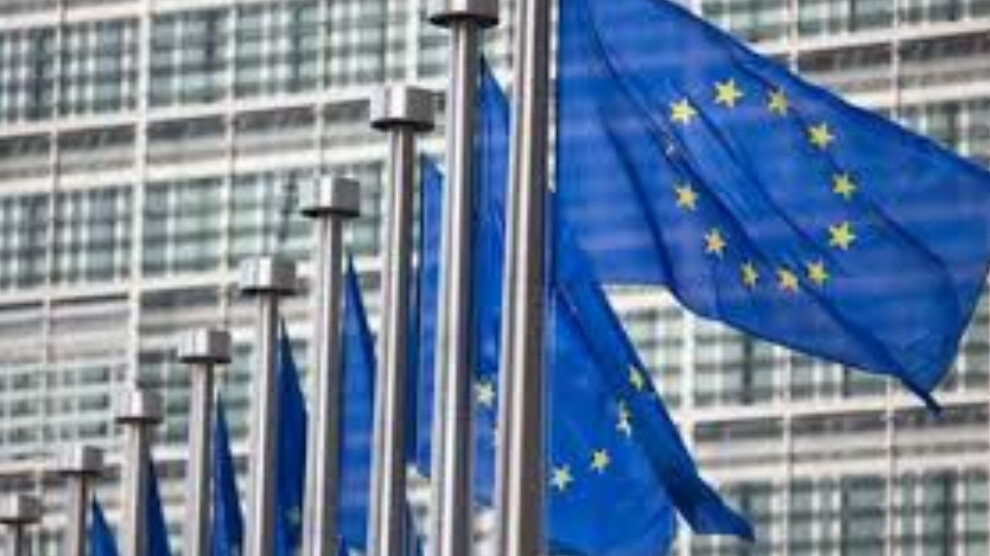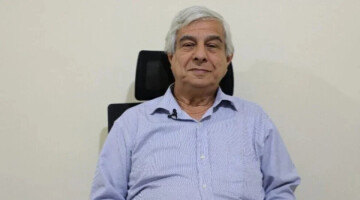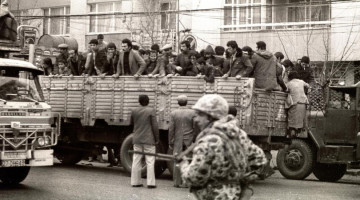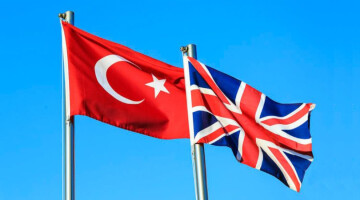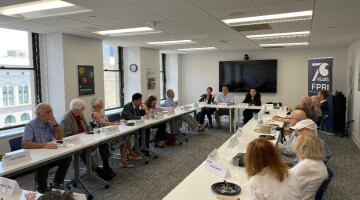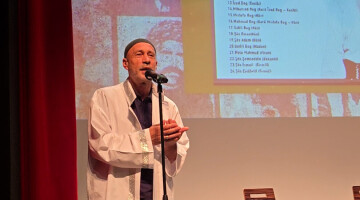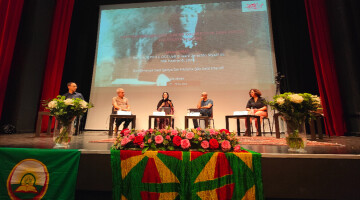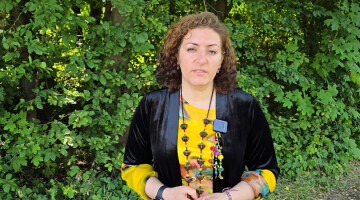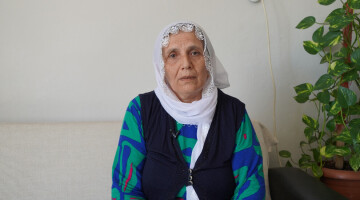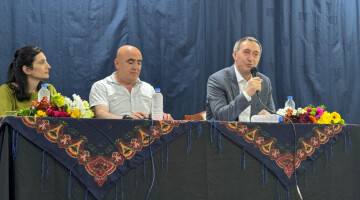The European Commission has published its report on the process of negotiations that in Turkey “democratic backsliding continued during the reporting period. Structural deficiencies of the presidential system remained in place. Key recommendations of the Council of Europe and its bodies remain to be addressed.”
The Turkish Parliament, said the European Commission, “continued to lack the necessary means to hold the government accountable. The constitutional architecture continued to centralise powers at the level of the Presidency without ensuring a sound and effective separation of powers between the executive, legislative and the judiciary. In the absence of an effective checks and balances mechanism, the democratic accountability of the executive branch remains limited to elections.”
The European Commission added that “targeting of the opposition parties continued, including by the Constitutional Court's acceptance of an indictment by the Chief Public Prosecutor of the Court of Cassation seeking to close down the second largest opposition party, which contributed to weakening political pluralism in Turkey. Pressure on mayors from opposition parties by the ruling coalition government further weakened local democracy. Mayors from the opposition parties faced administrative and judicial investigations. In the south-east, the forcefully dismissed mayors continued to be replaced by government-appointed trustees, denying citizens their chosen representation. In most cases, the incoming trustees have kept the municipal assemblies suspended. Hundreds of local politicians and elected office holders were arrested on terrorism-related charges.”
The European Commission underlined that “around 4000 members and officials of the People's Democratic Party (HDP) remain in prison, including a number of parliamentarians. In June, the Constitutional Court accepted an indictment demanding the closure of the HDP, seeking a political ban for 451 HDP executives, including the party's co-chairs and all past and present members of Parliament and executives as well as a freeze on the party's bank accounts. There were pending requests by the prosecution in the Parliament to lift the immunity of almost all HDP lawmakers.”
On civil society issues, the European Commission said that “serious backsliding continued. Civil society faced continuous pressure and their space to operate freely has continued to diminish limiting their freedom of expression and freedom of association. The new law on preventing financing of proliferation of weapons of mass destruction raises concerns with regard to possible restrictions on the activities of human rights defenders and civil society.”
On the fight against corruption, the report said that “Turkey remained at an early stage of preparations and made no progress in the reporting period. The country did not establish anti-corruption bodies in line with Turkey's international obligations.”
The deterioration of human and fundamental rights continued, said the report adding that “many of the measures brought in during the state of emergency remain in force. Turkey's withdrawal from the Istanbul Convention also put into question its commitment to such standards. The new human rights action plan, which promised reforms in a number of areas, does not address critical issues.”
As for freedom of expression, serious backsliding continued, said the report adding: “Legislation and its implementation, especially national security and anti-terrorism provisions, continued to contravene the European Convention on Human Rights and other international standards and to diverge from ECtHR case law. The dissemination of opposition voices and freedom of expression were negatively affected by the increasing pressure and restrictive measures. Criminal cases and convictions of journalists, human rights defenders, lawyers, writers, opposition politicians, students and social media users continued.”
Likewise, said the report “there was further serious backsliding in the area of freedom of assembly and association in light of recurrent bans, disproportionate interventions and excessive use of force in peaceful demonstrations, investigations, administrative fines and prosecutions against demonstrators on charges of terrorism-related activities. Legislation and its implementation are not in line with the Turkish Constitution, European standards or with international conventions.”

